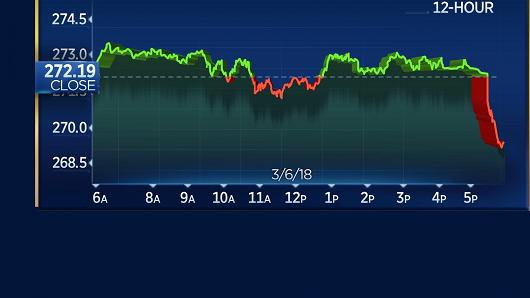
Nigeria reported a decrease in net foreign exchange inflows in January this year, owing mostly to net flows from the Central Bank of Nigeria (CBN) and independent sources related to the implementation of the Treasury Single Account (TSA).
The total inflow of foreign currency into the economy fell 36.7 percent to $4.36 billion in January 2022, from $6.89 billion in December 2021. According to the apex bank’s January economic report, overall foreign exchange outflows fell to $3.41 billion from $3.59 billion the previous month. It reported a net influx of $0.95 billion in January, compared to a net inflow of $3.29 billion the previous month.
Further analysis showed that foreign exchange inflow into the CBN dropped to $1.82 billion from $2.88 billion, attributed to a 45.4 percent decline in non-oil components, mainly TSA and third-party receipts/Ministries, Departments, and Agencies transfers, other official receipts, and swaps. It said autonomous inflow also decreased to $2.54 billion, from $4.01 billion, due to a reduction in invisible purchases.
Also, foreign exchange outflow through the CBN stood at $2.60 billion as against $3.18 billion in December 2021, due largely to a decrease in a public sector/direct payment, third party MDA transfers, sales at the Secondary Market Intervention Sales (SMIS) and Investors & Exporters (I&E) windows.
Autonomous outflow, however, rose to $0.81 billion, from $0.42 billion in January, on account of higher invisible imports. “Consequently, a net outflow of $0.78 billion was recorded through the CBN in January, from $0.30 billion in the previous month,” the bank said.
According to the report, total foreign exchange sales to authorized dealers by the CBN were $1.65 billion in January, representing a decrease of 3.1 percent, relative to $1.71 billion in December 2021.
A breakdown shows that foreign exchange sales at the Small and Medium Enterprises (SME) window, interbank/invisible foreign exchange sales, and matured swaps contracts rose to $0.14 billion, $0.18 billion, and $0.21 billion, respectively, in January, relative to the amount in December 2021.
However, in the month under review, foreign exchange sales to the Investors and Exporters (I&E) and Secondary Market Intervention Sales (SMIS) windows dropped to $0.58 billion and $0.54 billion, respectively.
Also, to enhance exchange rate management and achieve accurate value from import and export items in and out of Nigeria, the CBN introduced an e-evaluator and e-invoicing to replace the hard copy final invoice as part of the documentation for trade transactions.











